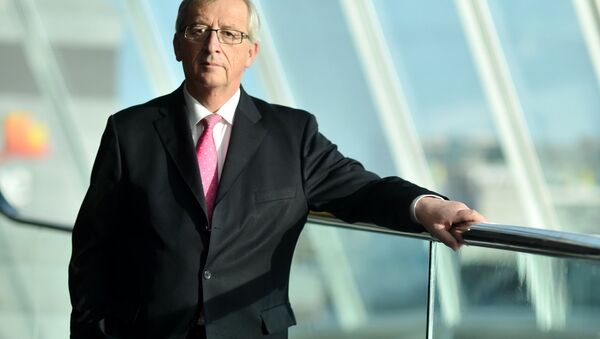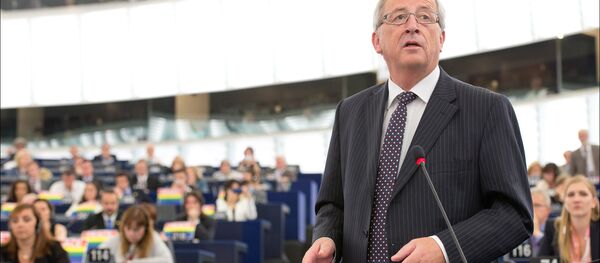“There have been different stances on [anti-Russia] sanctions inside the EU member states already before and I think that those who oppose them are growing,” Andrej Hunko said.
“The scheduled visit of Mr Juncker to St. Petersburg is also indicating that shift. That might be a reason for Steinmeier to soften his position – a step that I welcome but that is still questioned inside the German government. Also in Germany there are significant actors who question the sanctions, which has contributed to the current developments,” he added.
Hunko said that sanctions against Russia affected both EU and Russian economies negatively, but failed to reach EU intended goals.
“I think that the mutual sanctions are counterproductive and I call on both sides to lift or at least soften them. The EU’s politics of sanctions is more aggressive and I reject it both in its economic and political dimensions,” Hunko said.
Moscow's relations with the West deteriorated in 2014 over the Ukrainian crisis, when the European Union along with the United States as well as several other countries imposed several rounds of sanctions against Russia, accusing it of meddling in Ukrainian internal affairs. Moscow has repeatedly denied the allegations.


